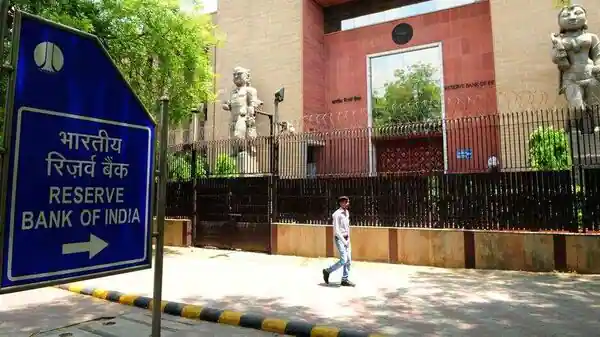[ad_1]
MUMBAI : Two years since the government vested more powers with the Reserve Bank of India (RBI) to supervise cooperative banks, the regulator has tightened the leash on the lenders, routinely imposing penalties for deviating from regulatory norms.
After the crisis at erstwhile Mumbai-based Punjab and Maharashtra Cooperative (PMC) Bank, the government amended the Banking Regulation Act as applicable to cooperative societies. The amendment, first issued as an ordinance in June 2020, gave RBI supervisory powers over such banks. So far in 2022, RBI has fined 100 cooperative banks, as against 124 in 2021 and 22 in 2020, showed data compiled by Mint.
Penalties imposed on these banks include ₹37.5 lakh for non-adherence to fraud reporting guidelines; ₹25 lakh for non-compliance of norms on housing finance; ₹15 lakh for deviation from RBI’s income recognition, asset classification and provisioning norms; and ₹10 lakh for violation of exposure norms, besides others.
“RBI is surely tightening the leash on corrupt and mismanaged cooperative banks. Main reasons for corruption are state government interference, mismanagement and lack of proper corporate governance,” said Anshul Gupta, managing partner at law firm ANG Partners Advocates & Solicitors. Gupta said RBI checks whether cooperative banks have complied with prudential interbank counter party limits, and whether a robust software for effective identification and reporting of suspicious transactions is in place.
Before the 2020 amendment, RBI had limited powers to regulate cooperative banks, restricting its ability to take timely corrective action. While the amendment came into force for urban cooperative banks with retrospective effect from 29 June 2020, for state cooperative banks and district central cooperative banks, it was effective from 1 April 2021.
Cooperative banks have historically been vulnerable to political influence, and charges of mismanagement. Add lack of adherence to proper safeguards to the mix, and what you get is a deadly cocktail threatening depositor interests. For instance, a borrower, Housing Development and Infrastructure Ltd, reportedly accounted for 70% of PMC Bank’s aggregate loans, a glaring deviation that went unreported for years.
“With the financial sector becoming more digitalized, there is an urgent need for fraud detection systems, and systematic arrangement of data, of the debtors and the members,” said Bharat Chugh, an advocate at Supreme Court.
Chugh said RBI should frame guidelines to keep a strict check on the internal management of cooperative banks, as the members themselves being the debtors, there are chances of defaults or irregularities being cloaked.
As on 31 March 2021, there were 98,042 cooperative banks, out of which 96,508 were rural cooperative banks, while the remaining were urban cooperative banks, showed data from RBI. Urban cooperative banks had deposits of ₹5.27 trillion and an aggregate loanbook of ₹3.13 trillion in FY21.
Liberalization of financial services in the 1990s saw a flurry of urban cooperative banks, facilitated, to an extent, by deregulation of interest rates and a liberal licensing policy. The numbers rose from 1,307 in 1991 to 2,105 in 2004, when RBI stepped in to push consolidation, which led to a decline in the number of such banks.
While many may consider RBI’s crackdown on cooperative banks as a crippling policy, penalties are on serious issues like risk categorization and monitoring of suspicious transactions, experts said. “Given the two form robust pillars of anti-money laundering and combating the financing of terrorism in an organization, such programmes and cracking down is needed to correct any lapse in these fundamental areas which might signal a lack of proper effective functioning of the banking sector,” said Sonam Chandwani, managing partner at law firm KS Legal & Associates.
Download The Mint News App to get Daily Market Updates.
More
Less
Post your comment
[ad_2]
Source link








